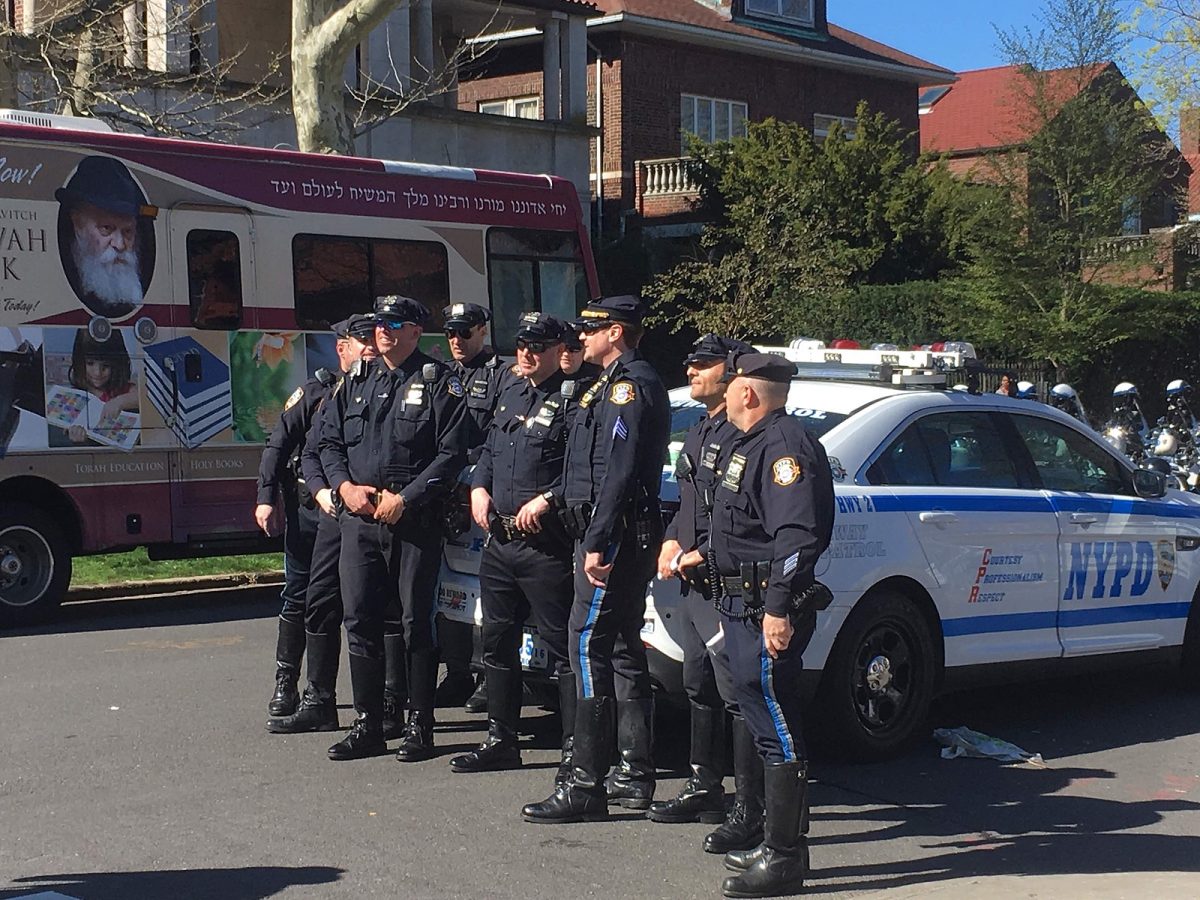In April, Mayor Eric Adams launched the pilot program for the NYPD’s Quality of Life Division. The launch was deemed a success after four months and is now expanding into every district in New York City.
The division comes from an old theory called “broken window” policing from the 1980s. The theory was that the lack of policing against low-level crimes could encourage more high-profile crimes to be committed.
“Broken window” policing was eventually deemed a failure as police misconduct complaints rose and eventually formed the “stop and frisk” practice of simply searching anyone who looked suspicious enough to have possibly committed a misdemeanor. This practice “resulted in disproportionate arrest of Black and Hispanic youths in comparison with Caucasians.”
Officers working in this division responded to non-urgent 311 calls such as complaints about unlicensed vendors, loud noises, illegal parking, outdoor drug use and homeless encampments.
Adams specified that the purpose of these teams is to improve the lives of all New Yorkers. He said, “We will not rest until we have addressed the issues that affect the lives of everyday New Yorkers, and we will continue to make every borough, every neighborhood, and every block safer across our city.”
Even with the statistics released for the calls they have responded to, there is still a lack of transparency. From the April to Aug. 7, the encampment team had “resolved 1,412 homeless conditions.” No additional information was given on the further steps taken once the condition was deemed resolved or whether it means they have received any help being taken to a shelter, or if they were simply asked to move.
The homeless population in NYC still qualifies as residents, since residency in NYC is not dependent on having a fixed address. Whose improved quality of life is the true goal of these divisions? Is it truly all New Yorkers or just for the aesthetic of what they want the city to look like? The streets may end up clearer, but the core issues remain unaddressed.
Special litigation unit director at the Legal Aid Society Meghna Philip said, “This expanded surveillance and criminalization does not increase the safety or well-being of the people and communities we serve.”
The division was built on already-allocated funding being moved around, meaning the formation did not cost the department extra. No information has been provided on where those funds were taken from within the department.






